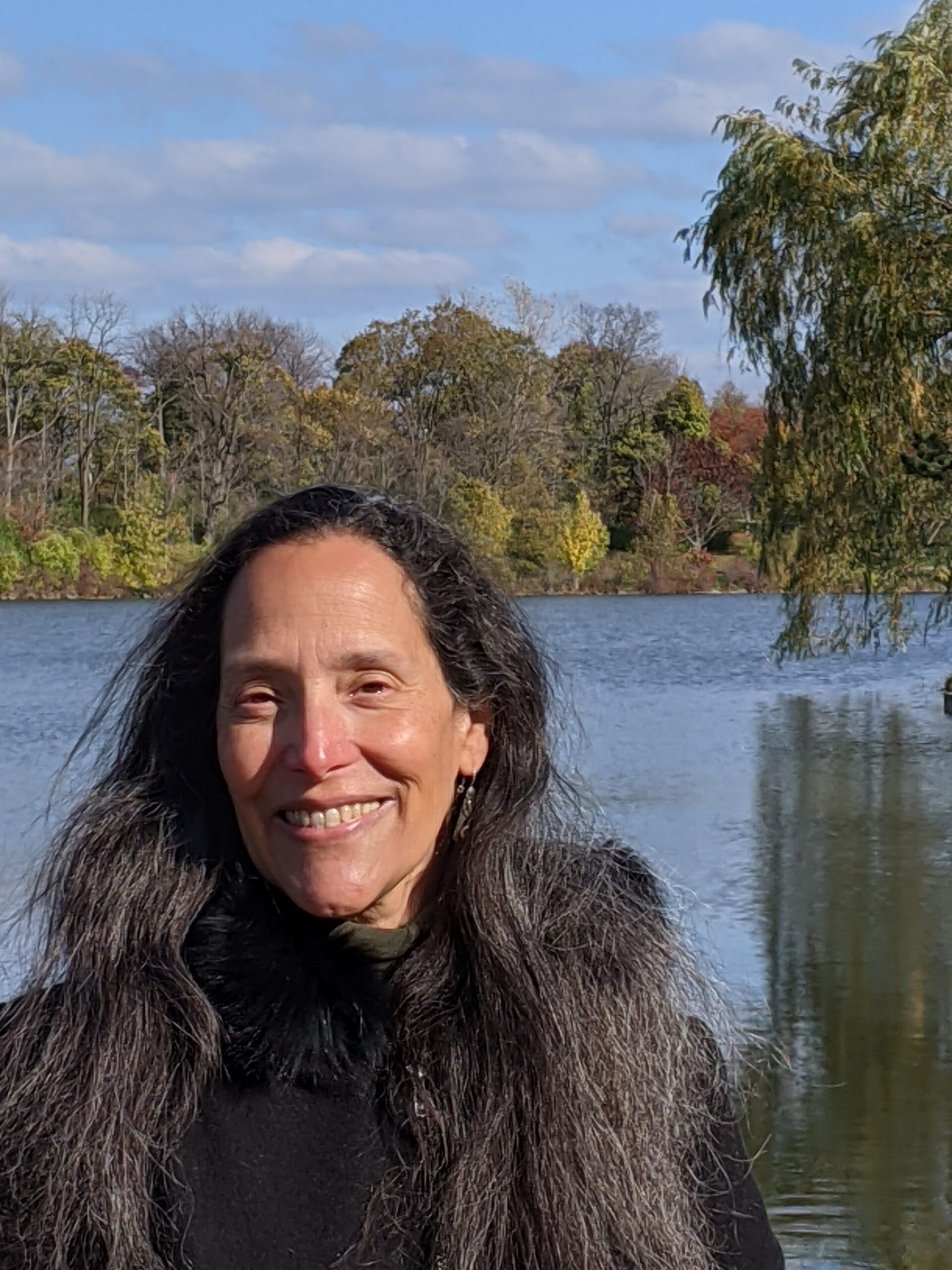Indigenous Social Work – in the North – Post Conference Program and Speakers
Here you can read the program, and below you’ll find information about the conference speakers.
| Times | Program |
|---|---|
| October 9th | Day 1 Place: Alta Kultursal (Alta Cultural hall), UiT The Arctic University of Norway, campus Alta |
| 11.30 | Registration and lunch, UiT, Café Tamsøy |
| 12.30 | Conference Opening Chair Nina Hermansen UiT, Associate professor in Social Sciences at the Department of Social Work and Child Welfare, UiT The Arctic University of Norway. Musical performance by Kari Heimen Welcome greetings from; -Maret Bendicte Nystad Storslett, Member of the Governing Council of the Sámi Parliament -Jannice Larsen, Vice President of Norwegian Union of Social Workers -Anne Britt Flemmen, Dean of Faulty of Humanities, Social Sciences and Education, UiT The Arctic university of Norway |
| 13.00 | Hilary Weaver “Reclaiming our voices – indigenous resilience” |
| 13.45 | Film Screening Harry Johanson’s film “Salmon Sorrow” followed by comments from the film director Harry Johansen and audience. “People are no longer allowed to fish salmon in the Tana River system, and an ancient Sami fishing tradition is at risk. Overfishing is being blamed, but is that the whole truth?” |
| 15.15 | Coffee/tea break |
| 15.45 | Per Olav Persen “Solving the Climate-, Nature-, and Knowledge Crisis – An Indigenous Perspective on Green Colonialism “ |
| 16.30 – 17.15 | Circle Discussion on the day’s topics Chair Jan-Erik Henriksen |
| 18.30 | Bus to Alta Museum from Hotels Reception at the Museum |
| 19.45 | Bus to Sami Siida |
| 20.00 | Dinner Bidos |
| App. 22.30 | Bus to Centrum (Hotels) |
| October 10th | Day 2 |
| 08.30 | Eva Josefsen “From Colonization to Justice: Indigenous Rights and the Welfare State” |
| 09.00 | Elle Margget Nystad, Law Student and Leader of NSR Nuorat and Lina Maria Karlsen, Social Worker and Leader of the Socialist Left Party’s Sami Council “When People in Power Positions Listen with Closed Ears. Discussion on the Fosen demonstration and challenges in dialogue between activists and authorities”. Including comments from the audience |
| 10.15 | Coffee/tea break |
| 10.45 | Expert talks from the health and social care field in Finnmark Each 20 minutes presentation and 10 minutes comments from the audience. 10.45 -11.15 Guro S. Nordgaard and Katja Keskitalo, psychiatric. Sami National Center for Mental Health SÁNAG/SANKS – Finnmark Hospital Trust- Title: Development of good health services for reindeer herding. Guro Nordgaard Siri and Katja Maria Keskitalo are psychiatric nurses with backgrounds in municipal healthcare services. In the fall of 2024, they assumed newly established positions at SANKS – the Sámi National Competence Center for Mental Health and Substance Abuse. The primary focus of these positions is directed towards the reindeer herding industry and encompasses a threefold mandate: to provide low-threshold services, contribute to crisis management, and engage in capacity building and targeted efforts for the reindeer herding community in crisis situations. Both are based in Kautokeino and are part of the national team at SANKS. 11.15 – 11.45 Eirin Johansen and Maret Susanne Bitustøyl – Alternativ til vold (Alternative to Violence) Finnmark, – Title: Indigenous Perspectives in Working with Domestic Violence Eirin Johansen is family therapist and Head of Alternativ til vold (Alternative to Violence) Finnmark and Maret Susanne Bitustøyl is Specialist psychologist andLeder of the Indigenous People project. They will share their experiences working with Sámi clients in their organization including how cultural background and assumptions about the Sámi population can influence interactions with Sámi clients. Further they will discuss culturally sensitive treatment and how generalized assumptions about Sámi men and women can lead to poorer treatment outcomes. Alternativ til Vold (ATV) is a treatment and competence center focused on violence, with a particular emphasis on domestic violence. ATV Finnmark offers therapy to adults who perpetrate violence and adults who are subjected to violence in close relationships. 11.45 -12.15 May Helen Schanche og Marius Krøglid, National Sami Competence Center (NASAK/NASÁG) – Trust and Competence in Transition: Promoting Equitable Services for All Sámi Children and Families – Insights from NASAK This talk will focus on how NASAK supports health and social services in ensuring culturally appropriate and equitable care for the Sámi population, particularly within child welfare and family counselling. Drawing from both historical experiences and current realities, we will provide a brief introduction to the mistrust and cultural misunderstandings that still affect interactions between Sámi individuals and public services. We will also offer reflections, grounded in our work as a national competence center, on the ongoing challenges and opportunities involved in delivering equitable and inclusive services for the Sámi population in Norway. Nasjonalt samisk kompetansesenter – the National Sami Competence Center ensures a more equitable service offering for the Sami population. The center assist family counselling services, municipal child welfare services, state child welfare services, and crisis centres regarding Sami issues. https://www.bufdir.no/nasak/ |
| 12.15 | Closing the Conference FO and UiT |
| 12.30 | Lunch |
Speakers
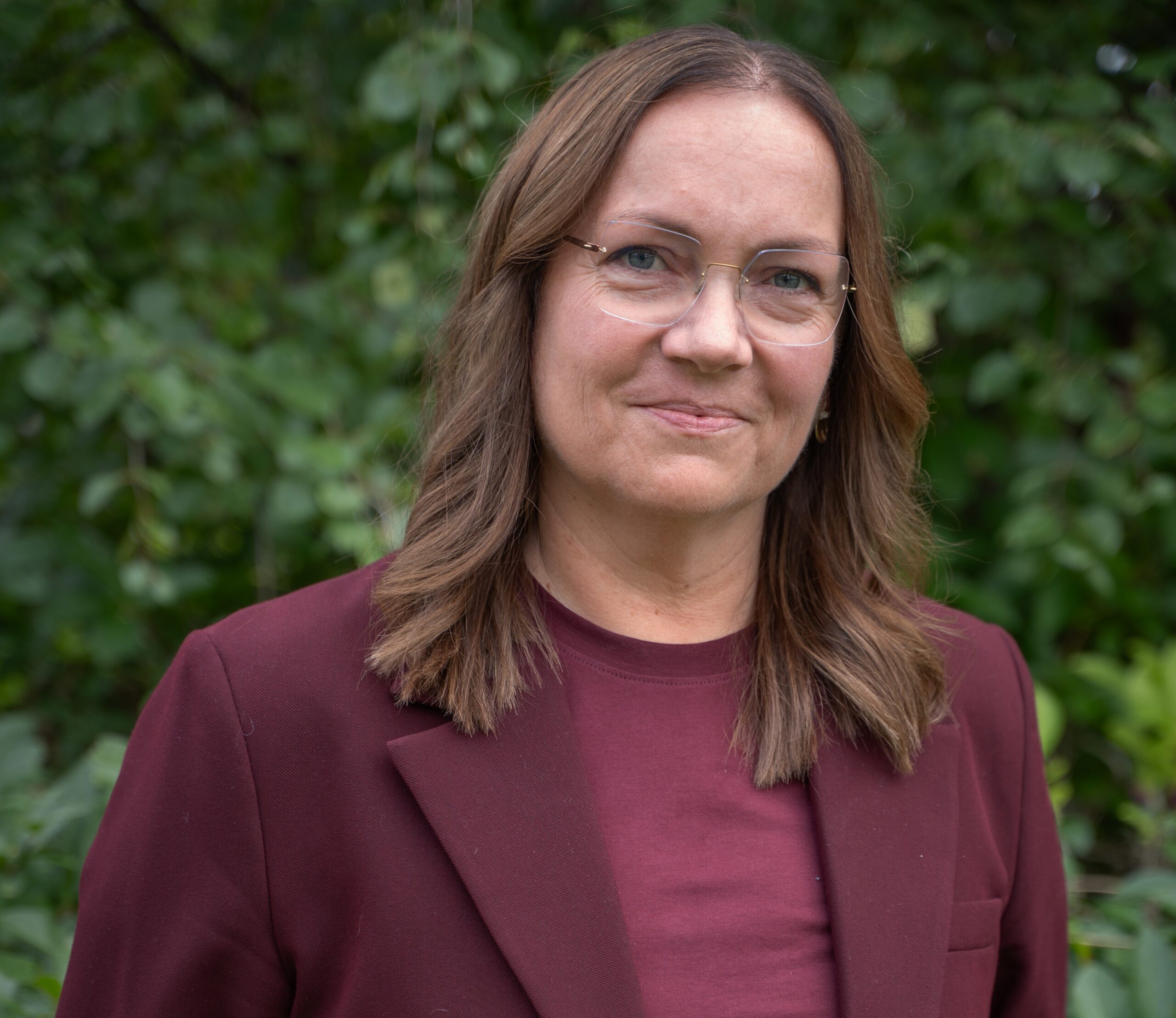
Nina Hermansen
Nina Hermansen, Associate professor in Social Sciences at the Department of Social Work and Child Welfare, UiT The Arctic University […]
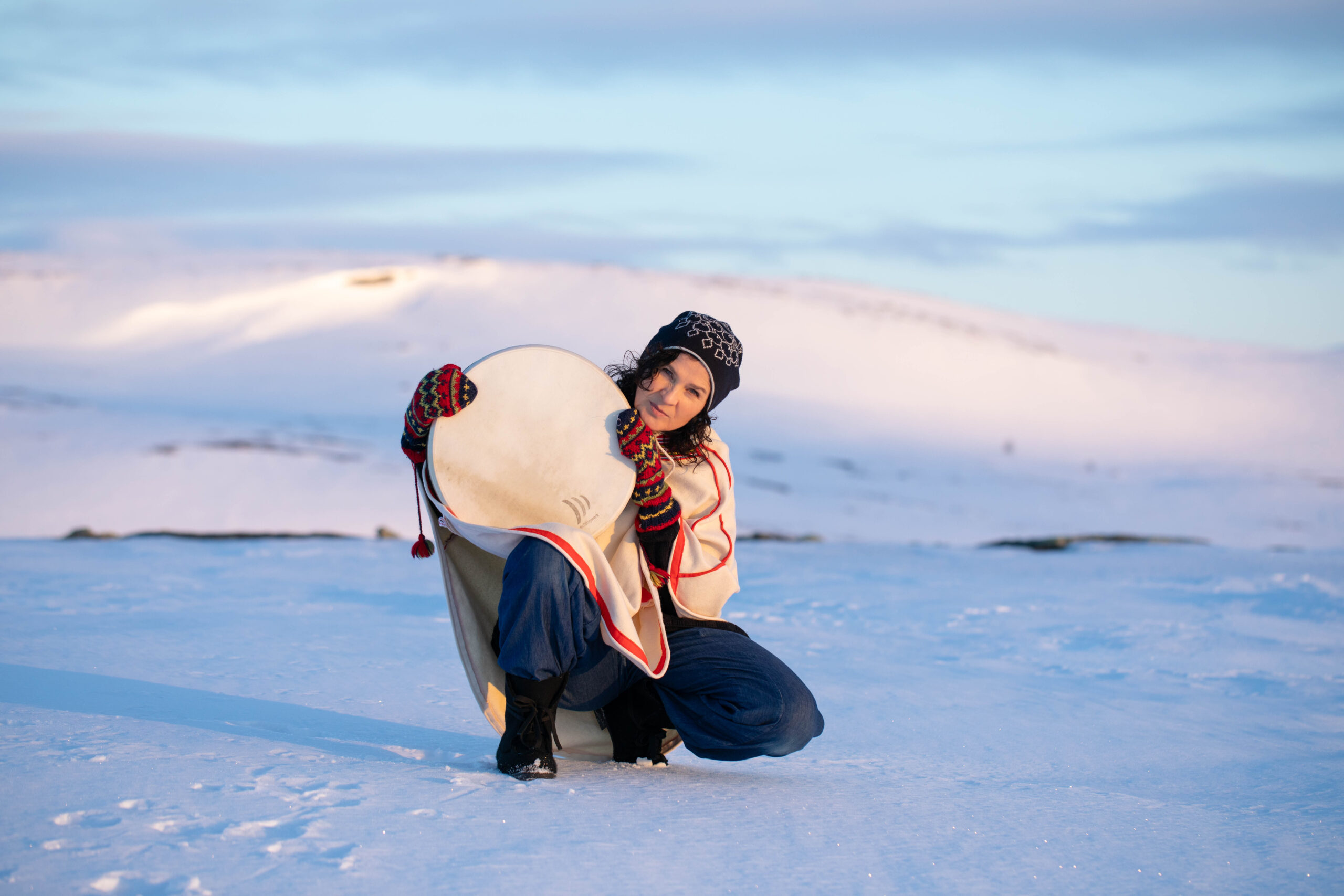
Kari Heimen
Kari Heimen performs both traditional and original Northern and Southern Sámi joiks, accompanying herself on the frame drum. A Northern […]

Harry Johansen
Harry Johansen lives deep in the Tanafjord and has been working professionally in film since 2003. Before transitioning to filmmaking, […]
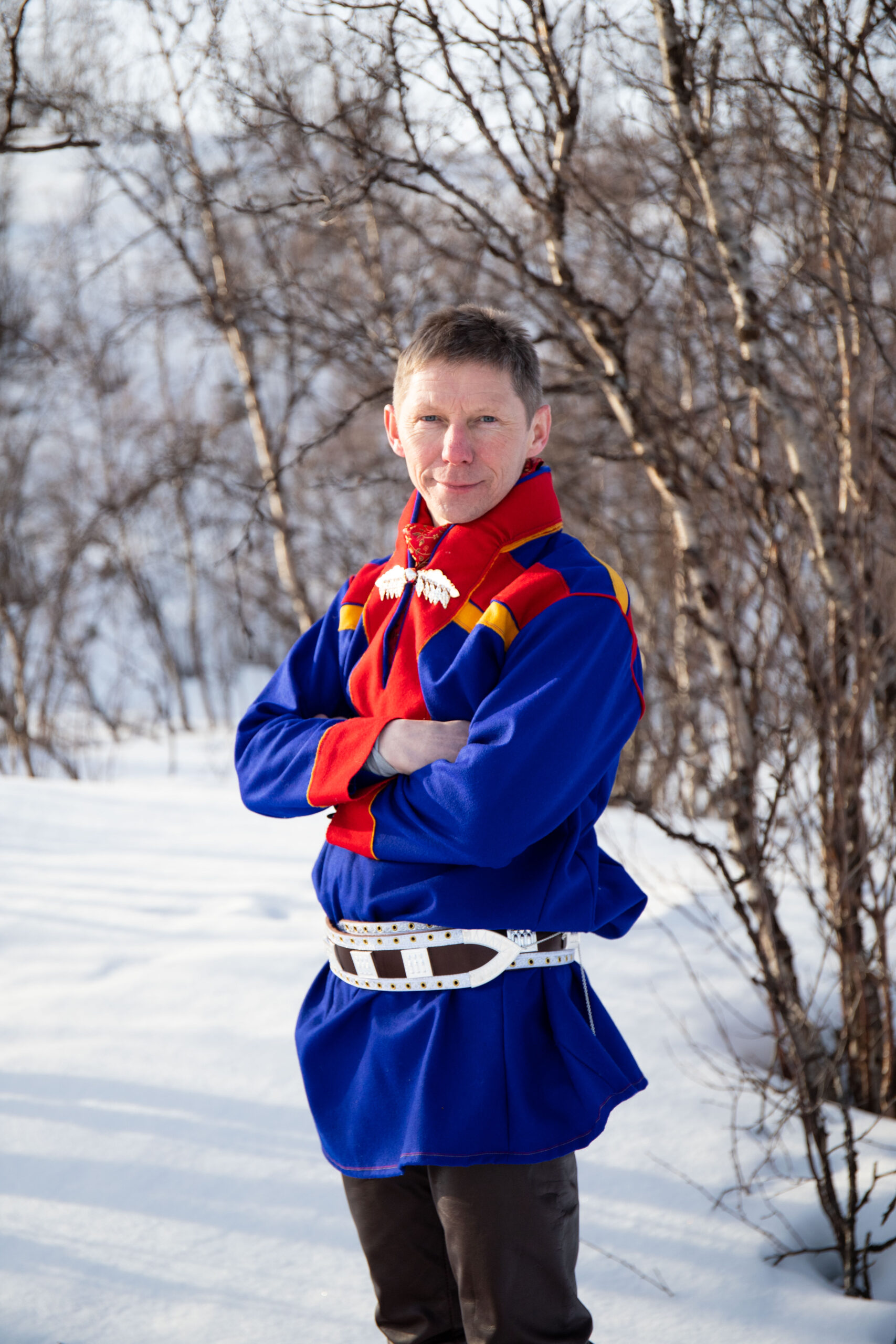
Per Olaf Persen
Per Olaf Persen from Gávcci AS, a consultancy that offers comprehensive advice on climate, economics, and business development based on […]
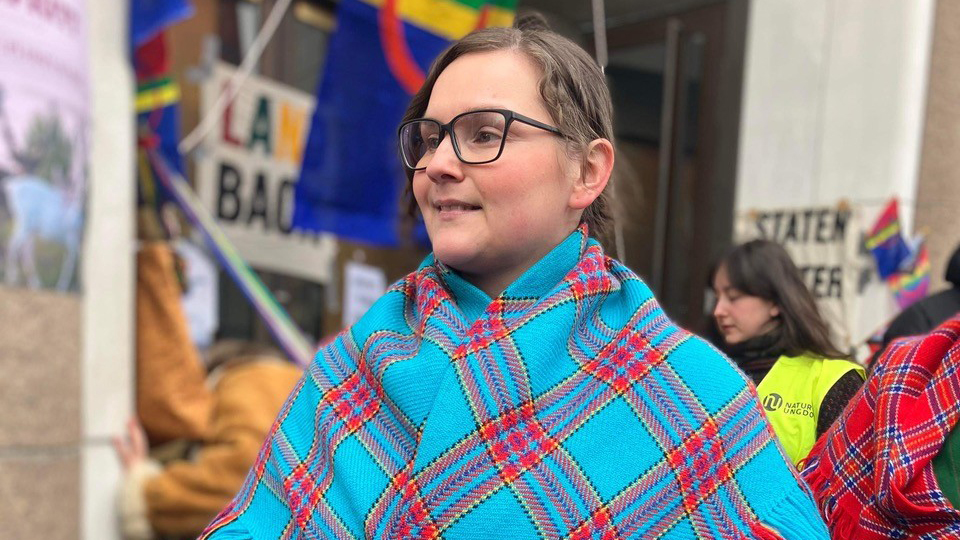
Lina Maria Karlsen
Lina Maria Karlsen (social worker) As leader of The Socialist Left Partys Sami Council she had been working on the […]
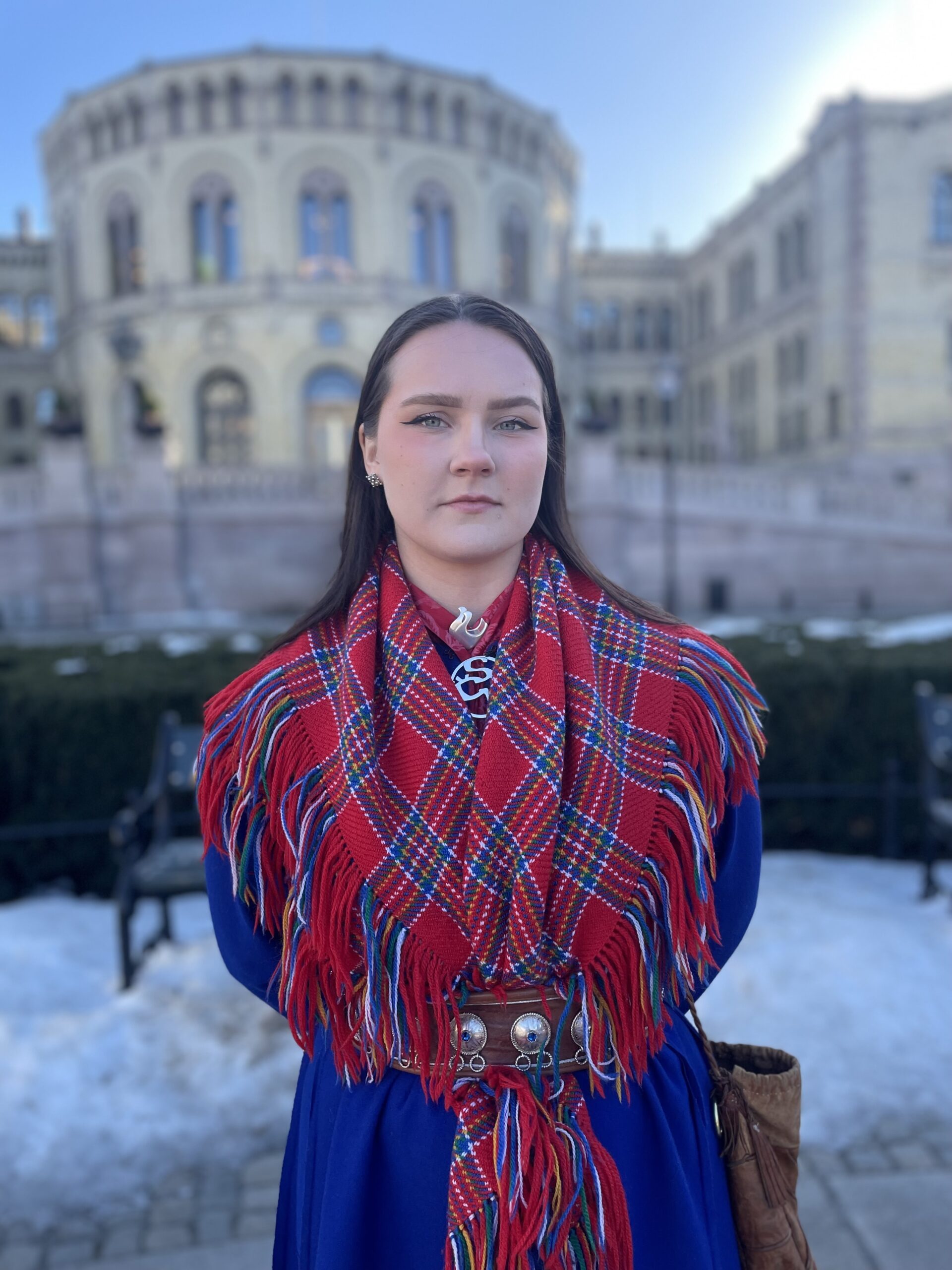
Elle Nystad
Elle Nystad is a 26-year-old law student at UiT The Arctic University of Norway Faculty of Law. Originally from Karasjok, […]
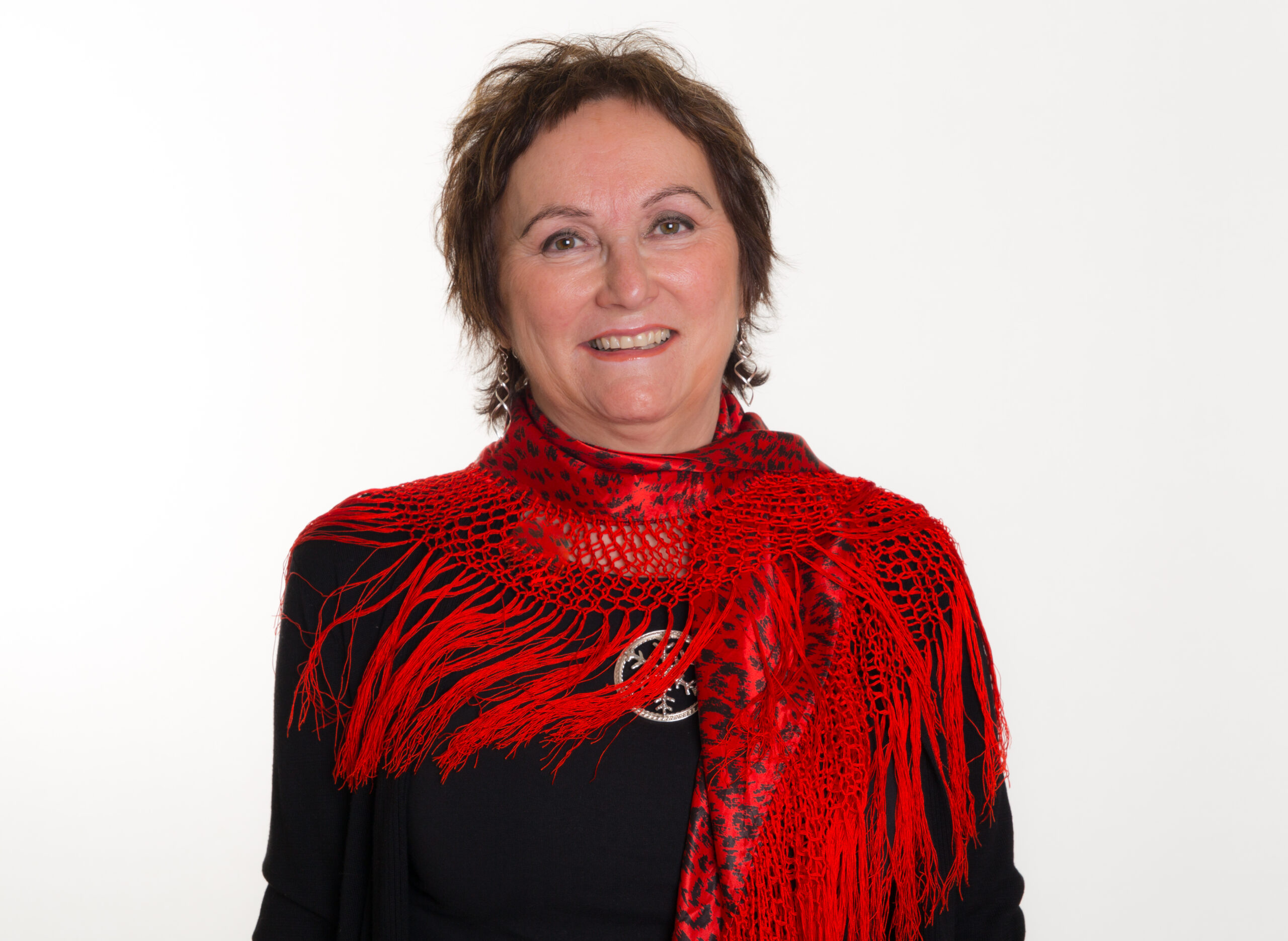
Eva Josefsen
Eva Josefsen, PhD in Political Science, is a professor in Social Sciences at the Department of Social Work and Child […]

